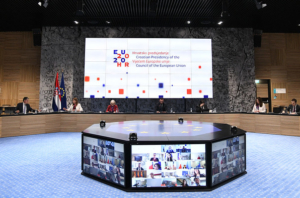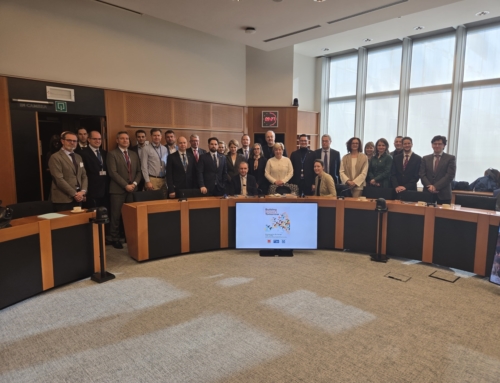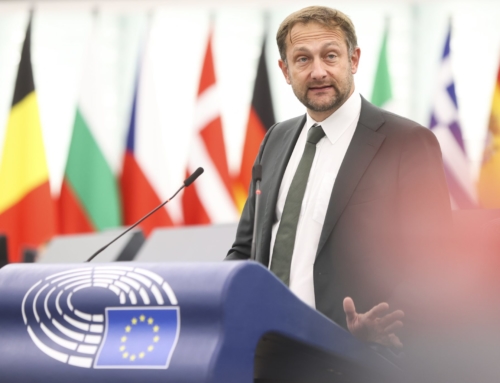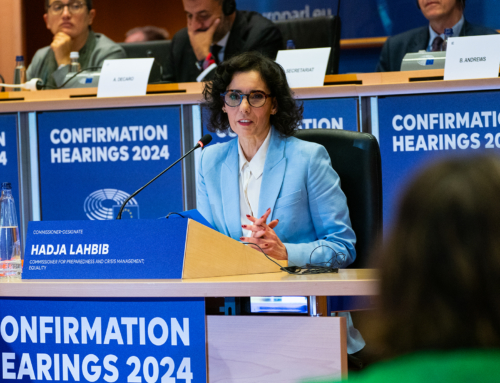On the 5th of May, the Employment and Social Policy Ministers of the European Union discussed the economic recovery plans and the demographic challenges related to the Covid-19 pandemic. Ministers emphasised the need to implement strategies to protect the most vulnerable groups such as the elderly and children, to ensure a work-life balance for families and to keep the most affected areas attractive for younger generation.

The videoconference was organised by the Croatian Presidency of the European Union, which, as reminded by the Croatian Minister for Demography, Family, Youth and Social Policy, “has chosen demography as one of the main priorities of its Presidency and now it is more than evident that this topic is of great importance. All Member States are confronted with some kind of demographical challenge and the COVID-19 pandemic makes all these challenges even more significant. In order to formulate appropriate solutions, now is the right time to act decisively.”
Along the same lines, the European Economic and Social Committee (EESC) adopted on the 8th of May an Exploratory opinion on “Demographic challenges in the EU in light of economic inequalities and development disparities”. This Opinion underlined how family-oriented investments must be a priority “as they lay the foundations for the future”. Indeed, “with its share in the global population at an all-time low and another baby boom unlikely, Europe will need to take a holistic approach if it is to reverse its demographic decline, stimulating employment and embracing strong economic and social policies that can restore the confidence of its citizens in the future” (EESC, 7th of May 2020). FAFCE has expressed its support to this with astatement of its President, Vincenzo Bassi: “We hope that other EU institutions and all Member States will also have the same courage to make ambitious proposals for the future of our families. In the context of the current pandemic, this has become a real urgent matter.”
The outcome of the discussions in the different EU bodies will provide useful input for the finalization of the Commission Report on the Impact of Demographic Change, which was supposed to be released during the first quarter of 2020, but has been delayed due to the pandemic. The Vice-President of the European Commission for Democracy and Demography, Dubravka Suica, stated on the 5th of May that “the Report on the impact of demographic change plays an important role in the aftermath of the corona crisis, in launching follow-up policy initiatives on ageing and on rural areas and in offering support to the long-term recovery.”
The European Commission also announced additional answers to the current demographic situation through a Green paper on ageing, the EU strategy for rural areas and an Updated Youth Guarantee.

Via its social media (Twitter and Facebook), FAFCE has been communicating on the demographic challenges faced by Europe and is continuously reminding that, especially in the context of the Covid-19 pandemic, the role of the families cannot be neglected: they are on the front-line of the crisis and represent the starting point of the future of Europe. As recalled in a previous FAFCE Resolution “For a Demographic Spring” (Vienna, 13 April 2018), family need to be put “at the centre of national policies, so that the demographic winter could become a demographic spring and to shape the future of Europe”.







